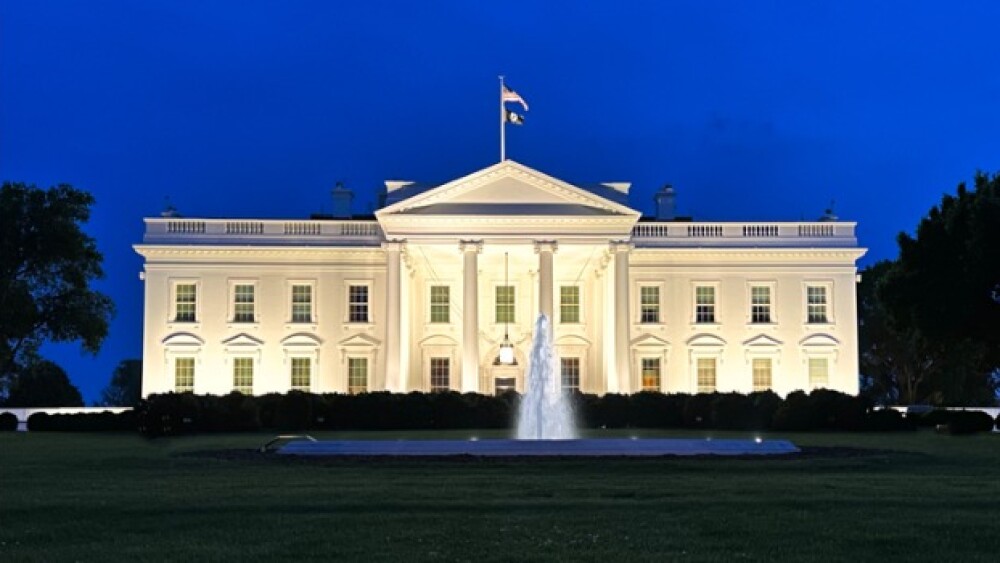There’s still much more to come from the White House on tariffs, but the European Union has now reached a trade agreement with the U.S.
The White House has settled on a 15% tariff rate for generic pharmaceuticals coming into the country from the European Union, with President Donald Trump backing off on a previous threat to set import taxes as high as 250% on the pharma industry.
The trade agreement with the EU, announced in a statement issued by the White House on Thursday, sets to address trade imbalances and improve market access. The broad agreement covers multiple industries but only generics when it comes to the pharmaceutical sector.
The agreement places a Most Favored Nation tariff rate on generic pharmaceuticals effective Sept. 1, which is not to exceed 15%. Not to be confused with Most Favored Nation drug pricing, another initiative from the Trump administration that seeks to tie prescription drug costs to what other equivalent nations pay, Most Favored Nation tariffs are a flat-rate tariff applied to World Trade Organization members.
Leerink Partners said Friday morning that the agreement lands as expected and may ultimately mean that no tariffs are applied to generic drugs. The positive take was that Trump did not push the tariff rate higher after threatening tariffs as high as 150–250% in early August.
There’s still much more to come on tariffs from the White House. The government is currently running a Section 232 investigation, which would tie the need for tariffs on the pharma industry to a national security concern. And other nations still need to settle their respective trade disputes with the U.S.
Leerink also speculated as to whether Eli Lilly will specifically be exempted from any tariffs, as the president has indicated. The Zepbound maker last week announced a plan to raise drug prices in Europe in response to the Most Favored Nation drug pricing policy.
At the same time, the company pushed back against tariffs, arguing that “Broad tariffs would raise costs, limit patient access, and undermine American leadership, especially for companies already investing heavily in domestic manufacturing.”






